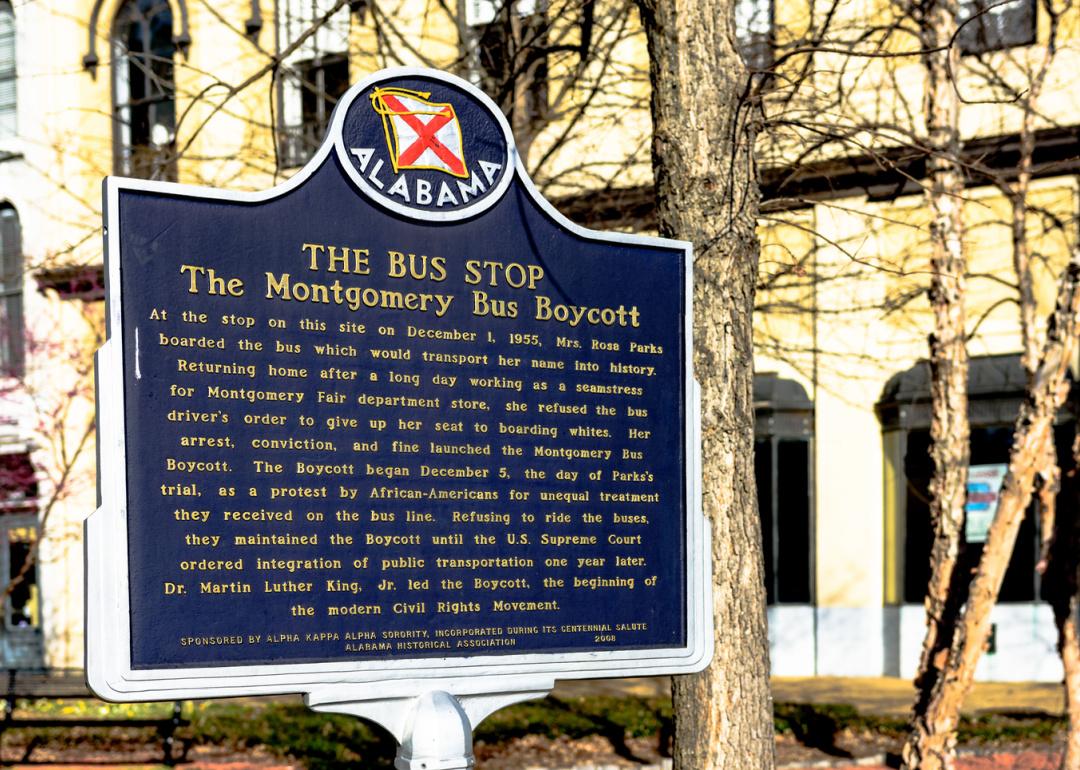
Plessy v. Ferguson meets its end: A major civil rights moment in Kansas
Plessy v. Ferguson meets its end: A major civil rights moment in Kansas
A land of contradictions from the outset, the United States was founded by slave owners who spoke passionately and eloquently about liberty, freedom, and justice for all. In the beginning, "all" was limited to men of European ancestry who were wealthy enough to own land. The Constitution's protections did not apply to most of the people living in America for most of America's history—at least not in full.
Women—about 50% of the population—were not included in the country's concept of "all," likewise millions of slaves—and for a long time, their offspring. Native Americans, the descendants of the original inhabitants of the United States, were commonly excluded from the promise of America, as were many immigrants, ethnic groups, and religious minorities.
Despite all the work that remains to be done, all of those groups and many others now enjoy freedoms that had to be won—won through the courts, through the court of public opinion, through mass demonstrations, through legislation, through boycotts, and in many cases, through martyrdom.
Fighting to expand the definition of "all" requires powerless people to challenge the power structures that benefit from keeping certain people locked in their status as second-class citizens. They often do it at great risk to their jobs, their reputations, their homes, and in many cases, their lives. Even so, brave advocates and activists fought the good fight in every state in America. Each state has a unique story to tell about the epic struggles for civil rights that were waged there, as well as those that continue to be waged. The following is a tiny sliver of their collective efforts.
Using a variety of sources, Stacker identified a defining moment for civil rights in all 50 states. They stand out for different reasons and led to changes that lifted different groups, but they all prove how much can be achieved—and how much still remains to be accomplished.
Keep reading to find out your state's contribution to civil rights.
Kansas: Plessy v. Ferguson meets its end
The "separate but equal" doctrine established by the infamous Plessy v. Ferguson ruling of 1896 came crashing down in 1954 when the Supreme Court ruled unanimously that separate was inherently unequal in American schools. The case was Brown v. Board of Education of Topeka, Kansas, the most important civil rights case in history and the ruling that laid the legal foundation for the modern civil rights movement.
Click here to see an event from every state or continue reading for other events near Kansas.
Colorado: A cultural rainbow gets results
Colorado's sizable population of not only African-Americans but also Native Americans, Mexican Americans, Roman Catholics, and Jewish immigrants all faced discrimination through the first half of the 20th century. Alone, these disparate underclasses did not have enough leverage to demand change—so they joined forces. A multiracial, multiethnic civil rights coalition protested and petitioned until the state passed a series of sweeping civil rights laws in 1957 to protect vulnerable minority groups, outlaw discrimination in housing and employment, and repeal bans on interracial marriage.
Missouri: Ferguson erupts
Glimpses of 2020 were evident in the protests that followed the 2014 shooting death of Michael Brown by Darren Wilson, a white Ferguson police officer who originally targeted the Black teenager for walking off the sidewalk. When protestors gathered, the Ferguson police and affiliated law enforcement agencies responded with what looked like an army invading a hostile country—images of police in armored vehicles gassing, beating, falsely arresting, and otherwise brutalizing peaceful protestors and journalists alike circled the globe. The moment triggered a national debate on police militarization, racism and brutality in law enforcement, institutional cover-ups, and the widespread practice of policing for profit in municipalities like Ferguson.



